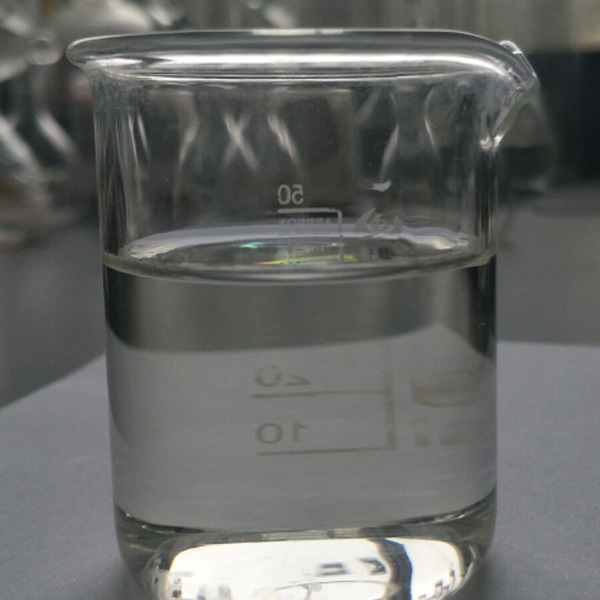
News
Aug . 15, 2024 00:27 Back to list
Enhancing Plant Growth with EDTA Chelated Zinc Fertilizers for Optimal Nutrient Uptake and Health
The Benefits of EDTA Chelated Zinc Fertilizer
Zinc is an essential micronutrient that plays a critical role in plant growth, development, and overall health. It is involved in various physiological and biochemical processes, including enzyme activation, chlorophyll formation, and energy production. However, zinc deficiency is a common issue in many soils, particularly in areas with high pH levels or low organic matter content. This deficiency can lead to stunted growth, chlorosis, and reduced crop yields. To combat this problem, farmers and gardeners are increasingly turning to EDTA chelated zinc fertilizers.
The Benefits of EDTA Chelated Zinc Fertilizer
One of the primary advantages of EDTA chelated zinc fertilizers is their effectiveness in correcting zinc deficiency in crops. Symptoms of zinc deficiency often include yellowing of leaves, stunted growth, and poor fruit development. By applyingEDTA chelated zinc, farmers can quickly remedy these symptoms, leading to healthier plants and improved crop yields. This is especially important for high-value crops, where even a slight deficiency can result in substantial economic losses.
edta chelated zinc fertilizer

Moreover, EDTA chelated zinc fertilizers are versatile and can be used in various applications, including soil drench, foliar sprays, and fertigation. This flexibility allows growers to adopt the most effective method for their specific crop and growing conditions. For example, foliar application of chelated zinc is particularly effective for rapid correction of deficiency symptoms, as plants can absorb the nutrient directly through their leaves.
Another significant benefit of EDTA chelated zinc fertilizers is their compatibility with other fertilizers and agricultural practices. They can be safely mixed with most nutrient solutions, allowing for a balanced fertilization strategy that meets the needs of different crops. Additionally, the stability of chelated zinc in various pH conditions means that it remains effective in both acidic and alkaline soils, making it suitable for diverse agricultural systems.
Furthermore, using EDTA chelated zinc fertilizers can enhance the overall nutrient uptake efficiency of plants. When plants receive balanced nutrition, they are better equipped to withstand various stressors, including pests, diseases, and environmental fluctuations. This leads to not only healthier plants but also a more sustainable approach to agriculture, as healthier crops require fewer pesticide applications.
In conclusion, EDTA chelated zinc fertilizers offer a practical solution for addressing zinc deficiency in crops. Their ability to enhance zinc availability, improve plant health, and increase crop yields makes them an invaluable tool for farmers and gardeners alike. As agriculture continues to face challenges such as soil degradation and nutrient deficiencies, the adoption of advanced fertilization techniques like EDTA chelated zinc will play a critical role in promoting sustainable and productive farming practices. By investing in high-quality chelated zinc fertilizers, growers can ensure their crops thrive, delivering food security and economic viability for communities around the world.
-
Polyaspartic Acid Salts in Agricultural Fertilizers: A Sustainable Solution
NewsJul.21,2025
-
OEM Chelating Agent Preservative Supplier & Manufacturer High-Quality Customized Solutions
NewsJul.08,2025
-
OEM Potassium Chelating Agent Manufacturer - Custom Potassium Oxalate & Citrate Solutions
NewsJul.08,2025
-
OEM Pentasodium DTPA Chelating Agent Supplier & Manufacturer High Purity & Cost-Effective Solutions
NewsJul.08,2025
-
High-Efficiency Chelated Trace Elements Fertilizer Bulk Supplier & Manufacturer Quotes
NewsJul.07,2025
-
High Quality K Formation for a Chelating Agent – Reliable Manufacturer & Supplier
NewsJul.07,2025
